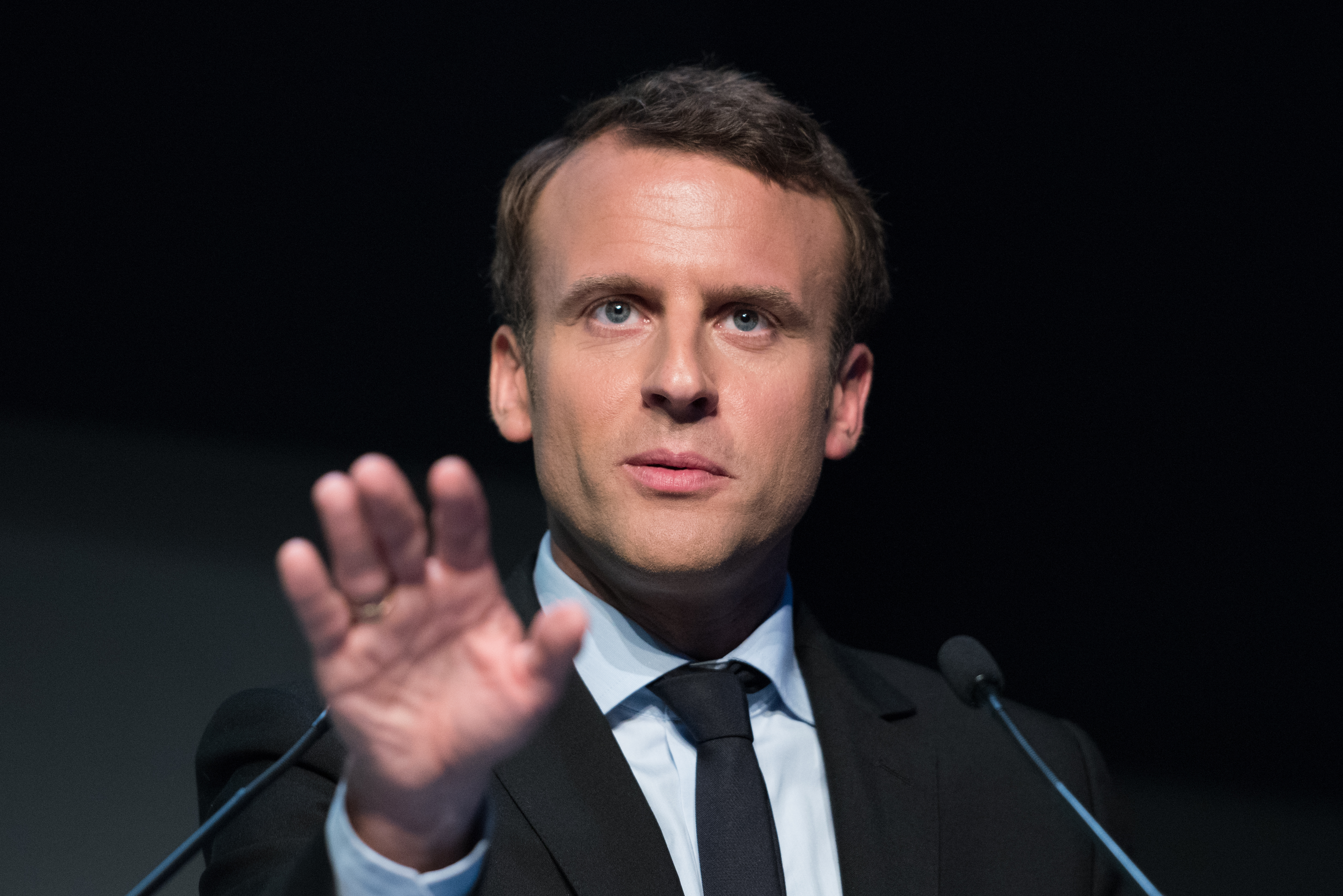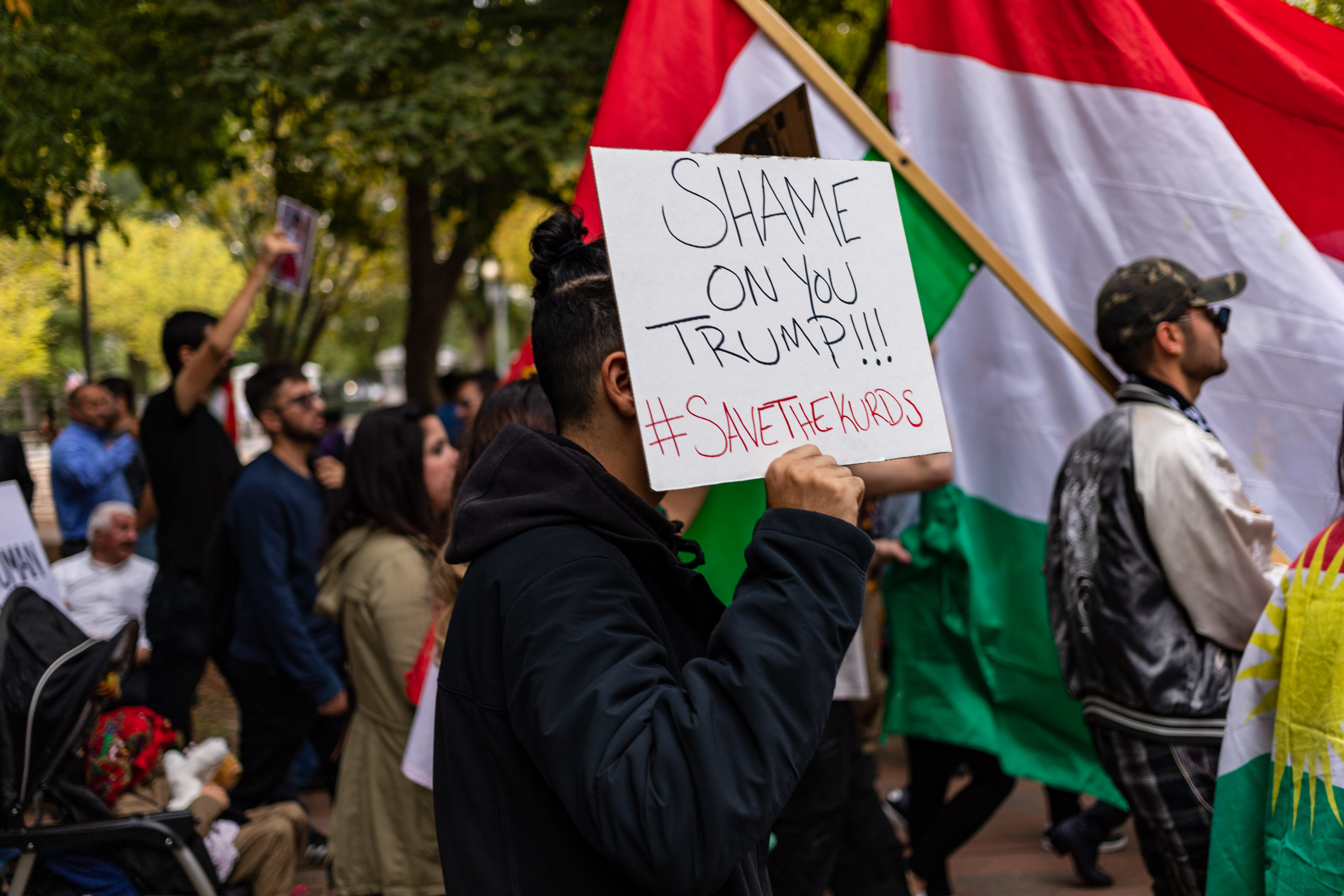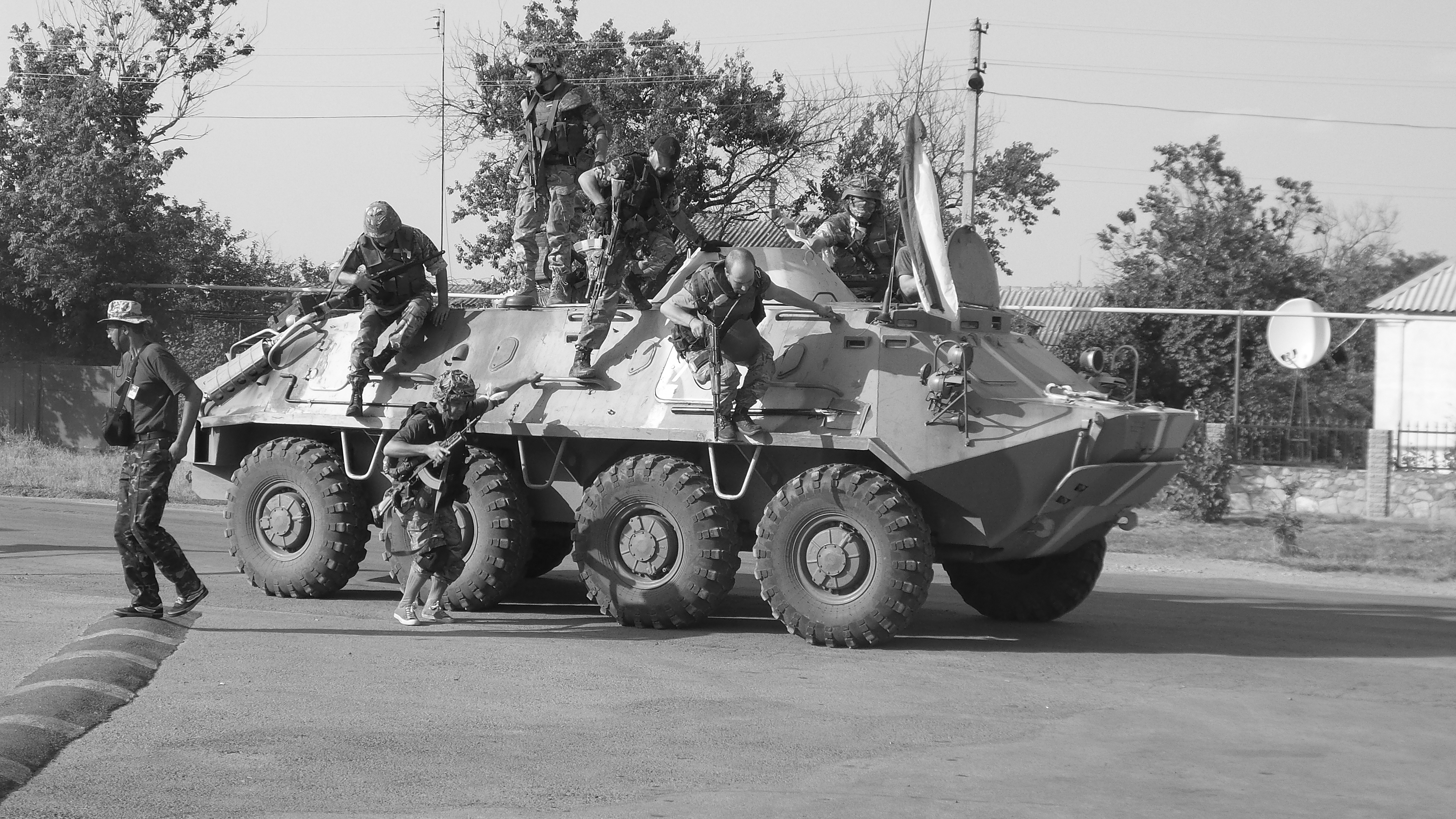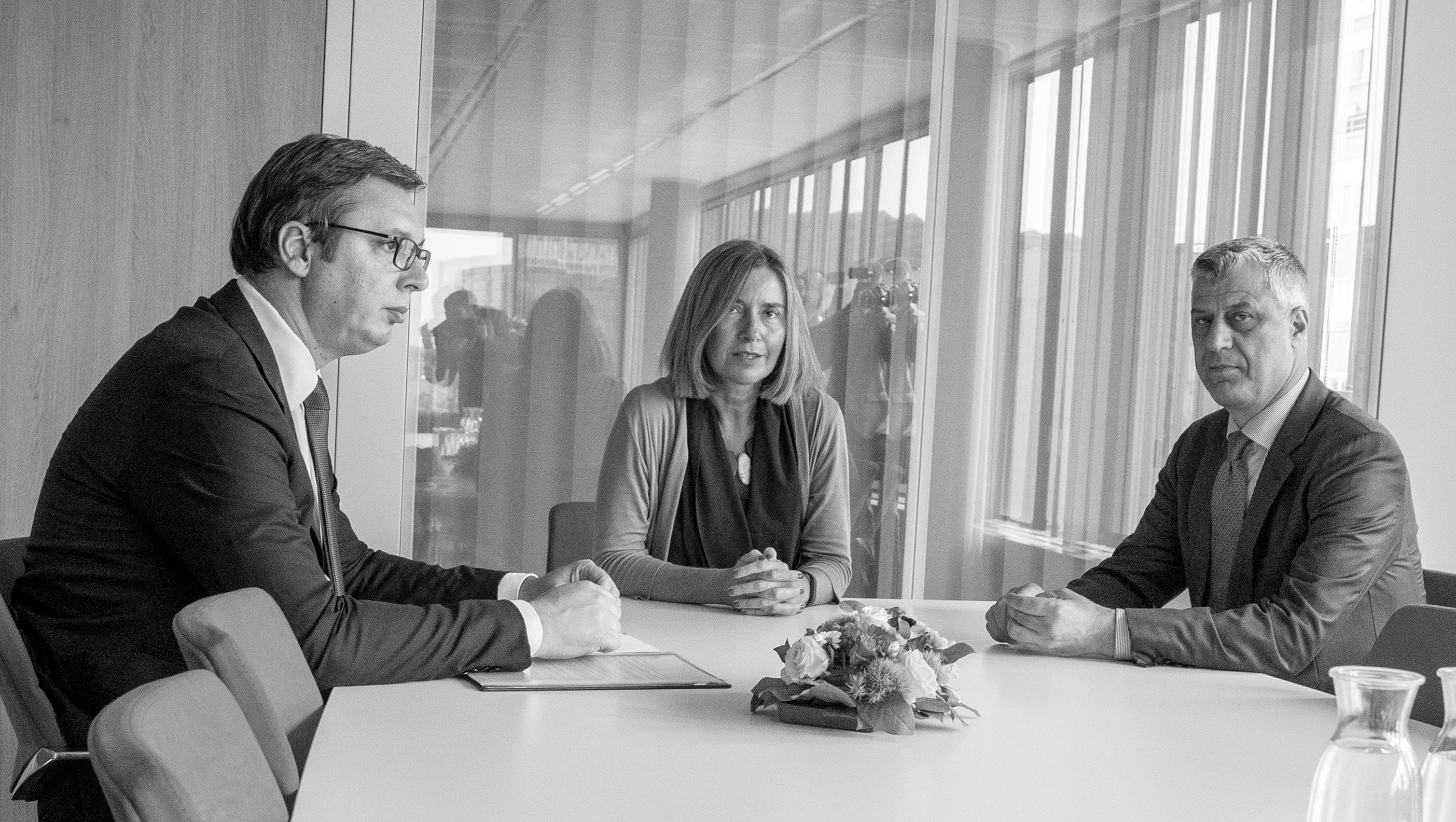By Zoran Nechev and Ivan Nikolovski | Skopje
In February 2018, the European Commission published its communiqué ‘A Credible Enlargement Perspective for and Enhanced EU Engagement with the Western Balkans’. The document offered an incentive to the countries of the region, especially to those that are already in the negotiation process such as Montenegro and Serbia.






